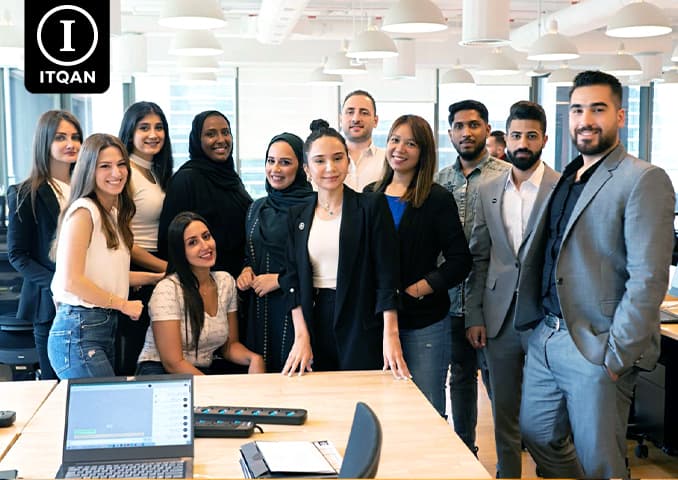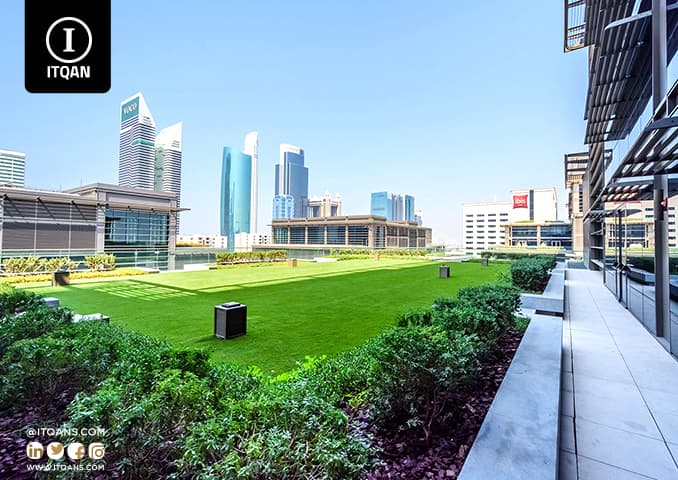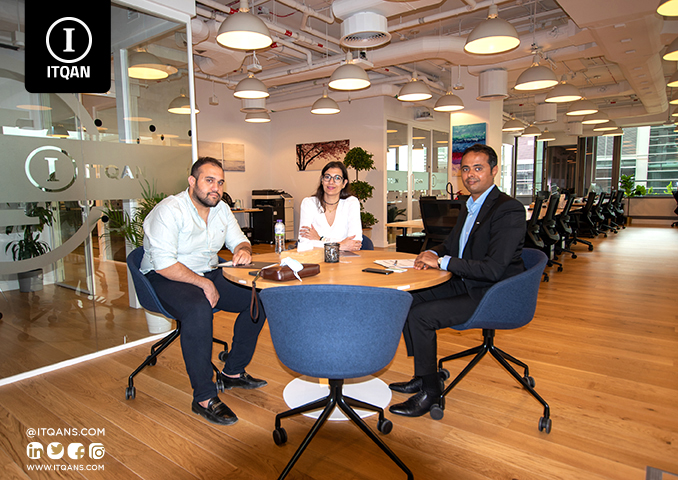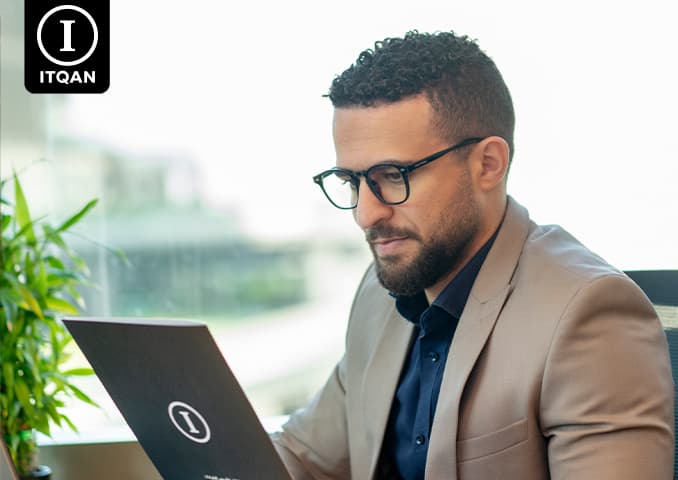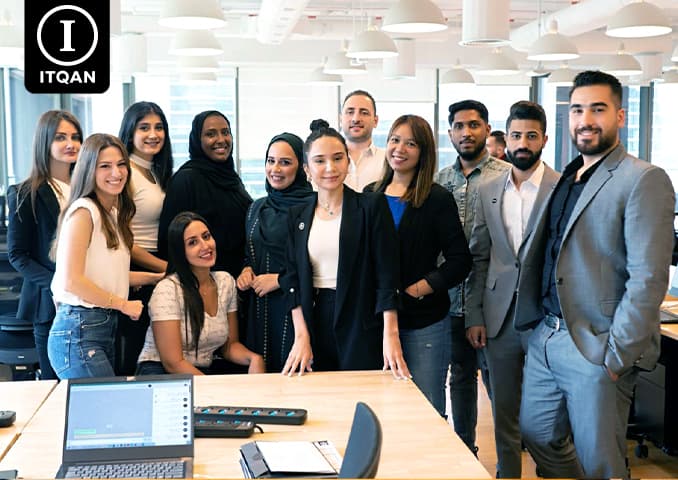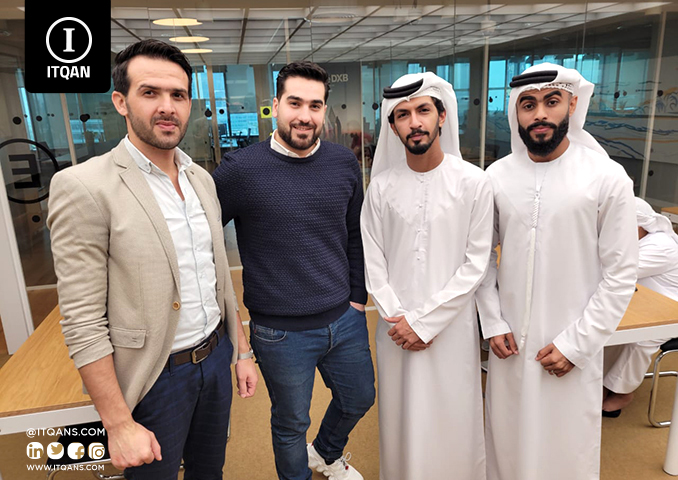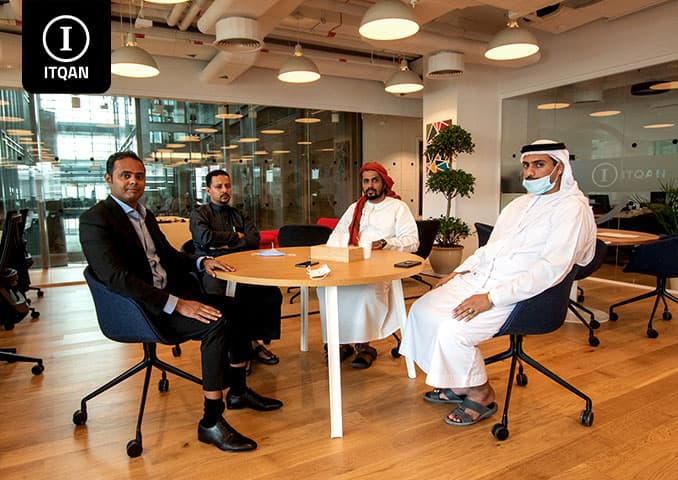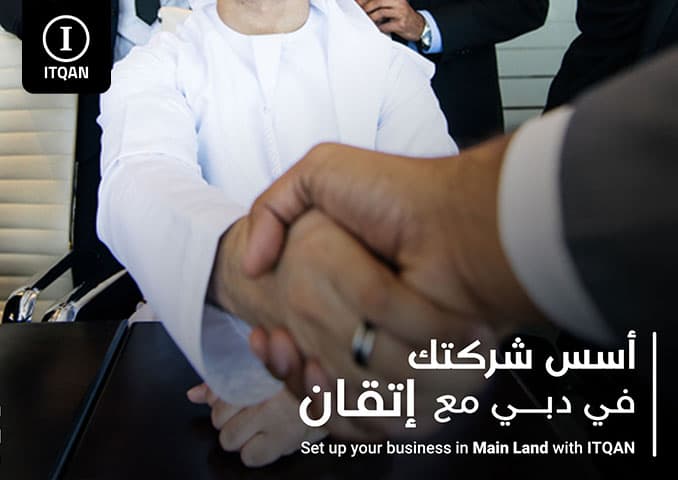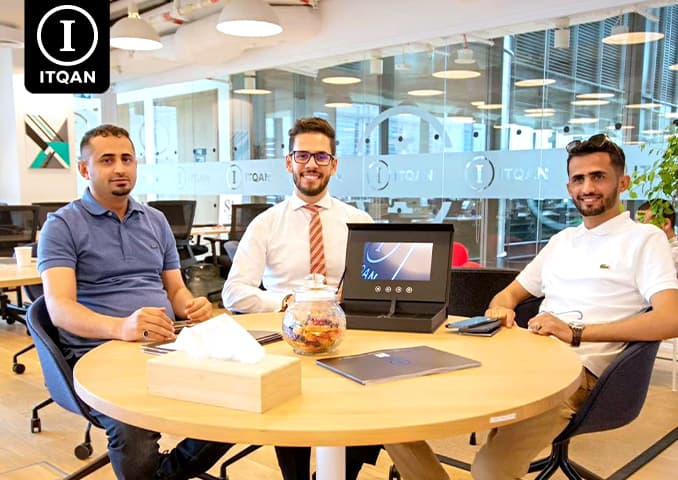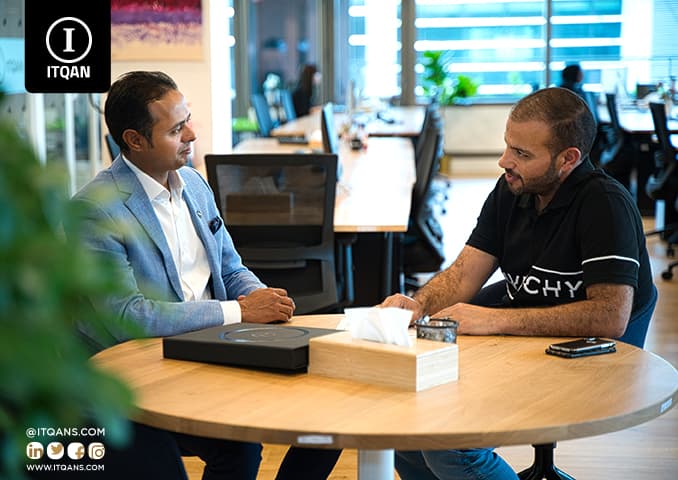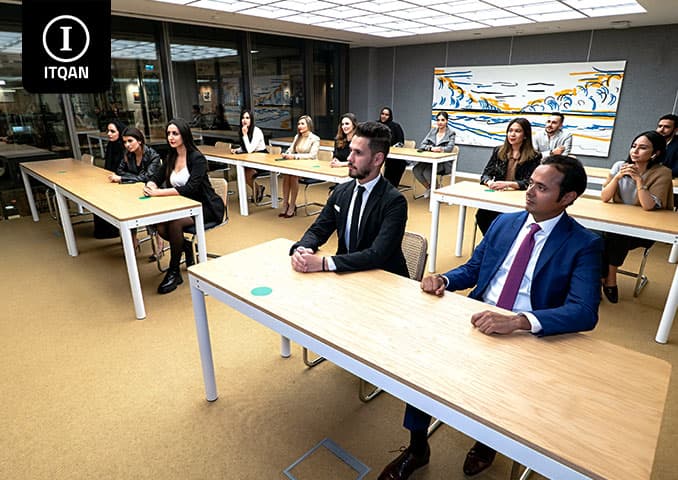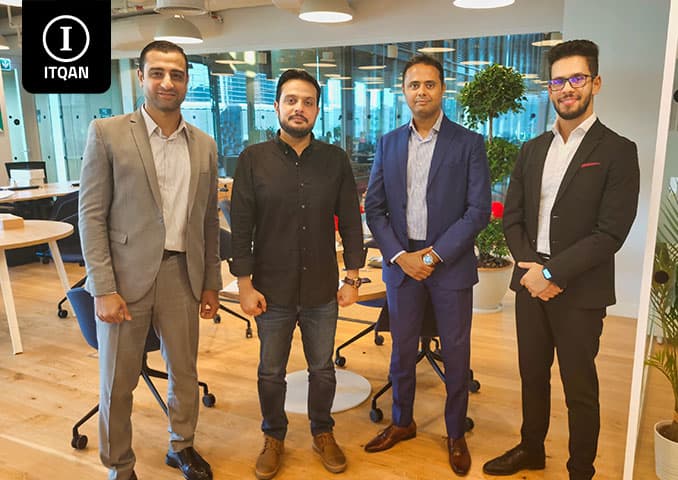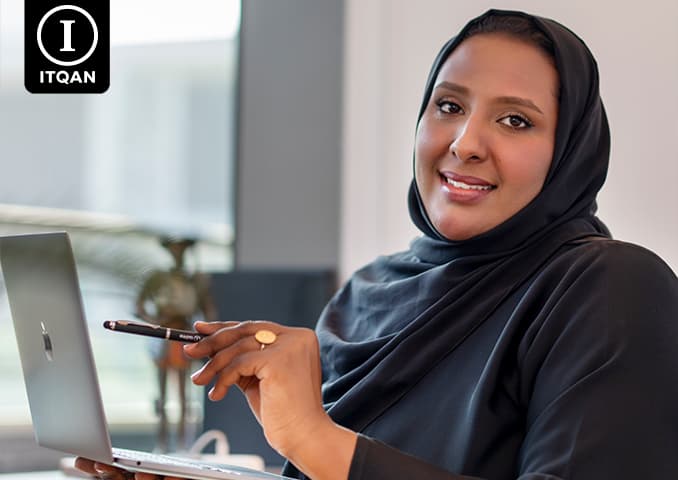Dubai is one of the world’s leading investment destinations, and investing in free zones is an essential part of the appeal of this dynamic city. Dubai’s free zones provide an ideal environment for businesses and investors, thanks to a range of unique advantages that make them a preferred investment destination. These zones feature business flexibility, extensive facilities, and economic incentives that contribute to success and rapid growth.
The free zones in Dubai were established as part of the emirate’s vision to promote economic growth and attract foreign investment. These zones are distributed across different parts of the city, such as Jebel Ali, Dubai Internet City, and Dubai Healthcare City, and offer a sophisticated and integrated business environment. These zones offer many advantages, including tax exemptions, full foreign ownership, and facilitation of licensing and customs procedures.
One of the most prominent advantages offered by free zones is their ability to expedite bureaucratic procedures, allowing investors to launch their projects quickly and efficiently. In addition, these zones provide modern infrastructure, integrated facilities, and an extensive network of logistics services, which enhances the chances of success in the global market.
Investing in a free zone is a valuable opportunity for investors looking for effective strategies to manage their businesses and increase their returns. By taking advantage of the available incentives and facilities, investors can establish successful projects that contribute to achieving their business goals and enhancing their position in the global market. In short, Dubai’s free zones offer an ideal opportunity for innovation and growth, making them an investment destination that cannot be ignored.
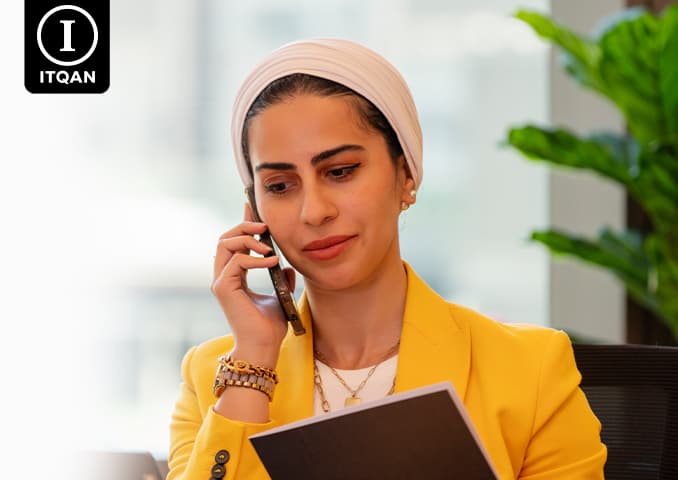
جدول المحتوى
ToggleHow to invest in free zones
Investing in a free zone in the UAE requires following a set of basic steps to ensure the success of the process and facilitate the procedures. Here are the main steps to invest in these zones:
1- Choosing the right free zone: Search for free zones that suit your type of business and needs. Free zones in the UAE vary in terms of specializations and facilities provided. For example, if you are interested in technology, Dubai Internet City may be the best choice.
2- Determine the type of business activity: Determine the type of business activity you want to practice. The activity must be consistent with the activities permitted in the free zone you have chosen. These activities can include commercial, industrial, and service activities.
3- Prepare a business plan: Prepare a detailed business plan that includes your goals, growth strategies, and market analysis. Make sure the plan also includes financial projections and licensing requirements.
4- Register and obtain a license: Apply for a commercial license from the management of the selected free zone. This requires submitting documents such as a business plan, passports for the founders, and a lease contract. The license includes specifying the type of activity, details of the partners, and the place of work.
5- Leasing an office or facility: In most free zones, it is required to rent an office or commercial facility. There are a variety of options available, ranging from small offices to large spaces or industrial facilities, depending on your business.
6- Open a bank account: After obtaining the license, you will need to open a bank account for the company. Choose a bank that offers services that suit your business needs and ensure that you submit the required documents such as the license and lease agreement.
7- Register for taxes: Despite the tax exemptions in the free zones, you may need to register for the local tax system such as Value Added Tax (VAT) if there are services or goods subject to this tax.
8- Hire employees: If you have plans to hire employees, make sure to follow the necessary procedures to obtain work visas and residence permits. Business requirements vary depending on the type of activity and location.
9- Provide services and comply: Ensure compliance with all local laws and regulations. Regularly review regulatory and security requirements to ensure that your business continues to meet the specified standards.
10- Expansion and growth: Once operations are in place, monitor your business performance and stay informed of opportunities for expansion and growth. Take advantage of the initiatives and programs offered by the free zones to support innovation and growth.
Best places to invest in Dubai
In Dubai, there are many sectors and locations that can be considered as promising investment opportunities. Here are some of the best places to invest in Dubai:
Real Estate: Dubai’s real estate sector is one of the most stable and profitable sectors.
Tourism and Hospitality: Dubai is a popular tourist destination and offers investment opportunities in luxury hotels, resorts, and restaurants.
Technology and Innovation: Dubai is a hub for innovation and leadership in the region, providing opportunities for investment in startups and new technologies.
Trade and Logistics: Jebel Ali Port and Dubai International Airport make Dubai a hub for trade and logistics in the region.
Education and Training: There is a growing demand for educational and training services in Dubai, providing investment opportunities in this sector.
Renewable Energy: Dubai is striving to achieve renewable energy targets, making investment in renewable energy projects a potential area.
Economy in the UAE
The UAE is one of the most prominent successful economic models in the Middle East and the world. The UAE’s economy reflects its ability to adapt and grow rapidly thanks to its diverse development strategies and ambitious vision. Since the discovery of oil in the mid-20th century, the UAE has been able to transform its natural resources into a huge economic force, with a focus on diversifying the economy away from total dependence on oil and gas.
The UAE’s economy is diverse, investing heavily in non-oil sectors such as tourism, trade, financial services, and real estate. Dubai, for example, is a global hub for trade and tourism, thanks to its advanced infrastructure and mega projects such as the Burj Khalifa and the Dubai Mall. In Abu Dhabi, the financial sector and banking services form a strong foundation supporting the national economy.
The UAE aims to achieve Vision 2030, which focuses on promoting sustainable economic growth through innovation and technology. The country seeks to be a global hub for innovation by supporting technology projects and research and development. Free zones in the various emirates of the country enhance the attractiveness of the business environment, as they provide tax facilities and full ownership for foreign investors.
Investment in education and infrastructure also reflects the UAE’s commitment to developing human capital and enhancing economic capabilities. Smart cities and environmental projects enhance sustainability and place the UAE among the advanced countries in the field of innovation and sustainability.
In short, the UAE economy reflects a strategic vision that supports diversity and sustainable growth, making it a role model for global economic development.
Investment areas in free zones
The free zones in the UAE offer a variety of investment opportunities in different sectors, making them an attractive destination for investors from all over the world. Here are the most prominent investment areas in these zones:
Trade and distribution: Free zones are ideal centers for business and distribution thanks to customs and tax exemptions. Companies can freely import, store and distribute goods, which contributes to improving the supply chain and expanding the market scope.
Technology and innovation: Many free zones focus on attracting technology and innovation companies. These zones provide a supportive environment for startups in areas such as artificial intelligence, software, and financial technology.


